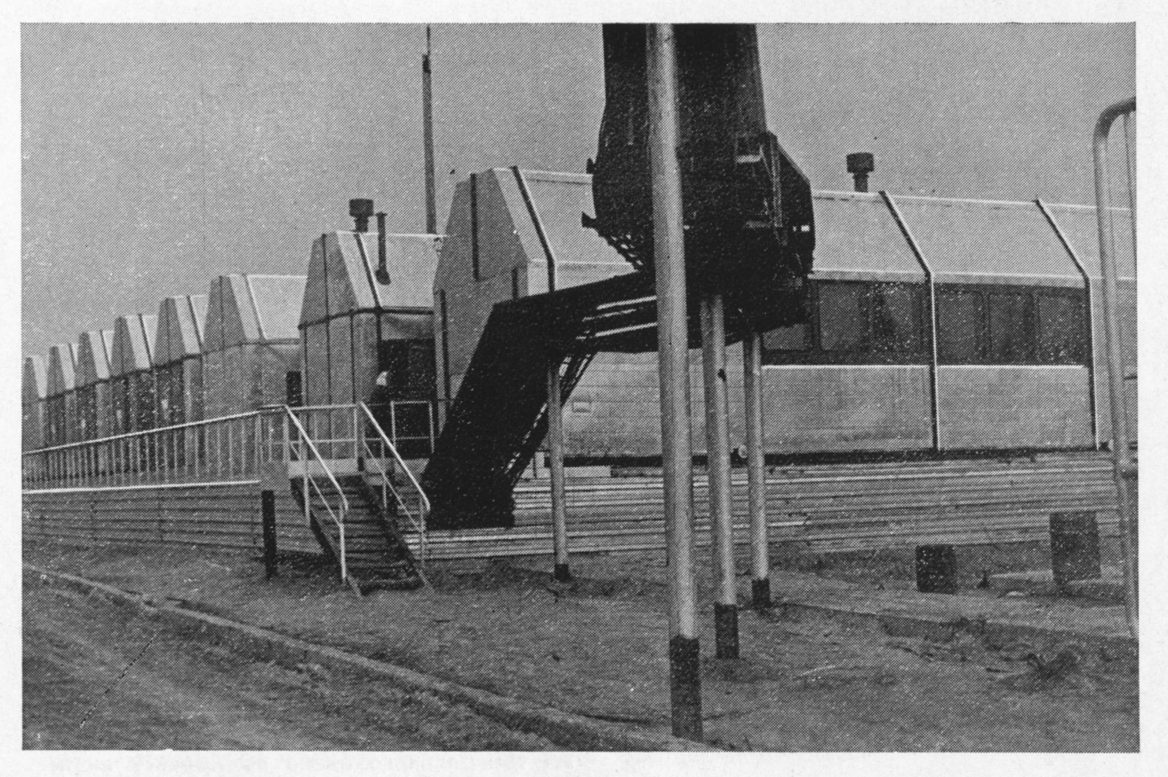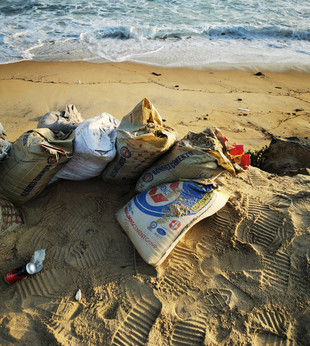Main Content
Ksenia Litvinenko Secures Walter Benjamin Fellowship for Research on Soviet Extractive Urbanism

Ksenia Litvinenko, an Associate Postdoctoral Researcher at the IRS Erkner, has begun her new position as a Walter Benjamin Postdoctoral Fellow on December 1, 2024. Her project, titled “Accommodating Extractivism: Mobile Architecture and Rotational Urbanism in Western Siberia, 1980–1992,” has been awarded funding by the DFG for a two-year term.
Through archival research on Soviet design and construction organisations, this research project critically historicises Western Siberia’s material transformation into the world’s largest fossil fuel extractivist region during the late Soviet oil boom. How were the state’s extractivist goals shaped and reshaped by urban planning, architecture and construction technologies? What were the consequences of these for local Indigenous communities and Soviet society at large? To answer these questions, Litvinenko will explore three spatial interventions that were pivotal to Western Siberia’s transformation into a resource-centred territory: the establishment of a network of fly-in-fly-out settlements that fostered the mobility of oil industry workers and geologists from across the Soviet Union; the production and circulation of mobile dwellings and related “acclimatisation” theories for newly arrived settlers; and the set of construction technologies that aimed at making Soviet resource-driven industrial modernisation scalable in the challenging terrain of Western Siberia, characterized by its frozen earth, swamps, large distances and low temperatures. The project will also examine how these interventions facilitated the ongoing displacement of Khanty, Nenets, and other Indigenous groups in the region, marginalized their relationships with the environment, and drew from their material culture to inspire imaginaries for portable architecture.
Preliminary researches have revealed unexpected trans-regional and international connections in the development of built environments designed to facilitate labour mobility for Western Siberia’s extractivist enterprise. For example, key oil settlements such as Kogalymsky and Lyantorsky, along with transport infrastructure essential for the resourcification of petroleum, were constructed by organizations based in Soviet Estonia, Lithuania, and Latvia, with their archival traces now located in these successor states. Furthermore, one of the most popular mobile housing models for Siberian shift workers in these settlements—the Unimo—was supplied by Czechoslovakia. The intensification of such trans-regional and international collaborations during the 1980s informed the decision to adopt a more focused chronological scope for the project. These findings also facilitate research into Western Siberia’s extractivist dynamics despite the current inaccessibility of Russia-based archives.
Fieldwork for the project will begin in spring 2025 and will be conducted in Estonia, Lithuania, Germany, and the Czech Republic. During her fellowship, Litvinenko will collaborate as a member of the Research Group “Histories of the Built Environment,” led by Monika Motylińska.



